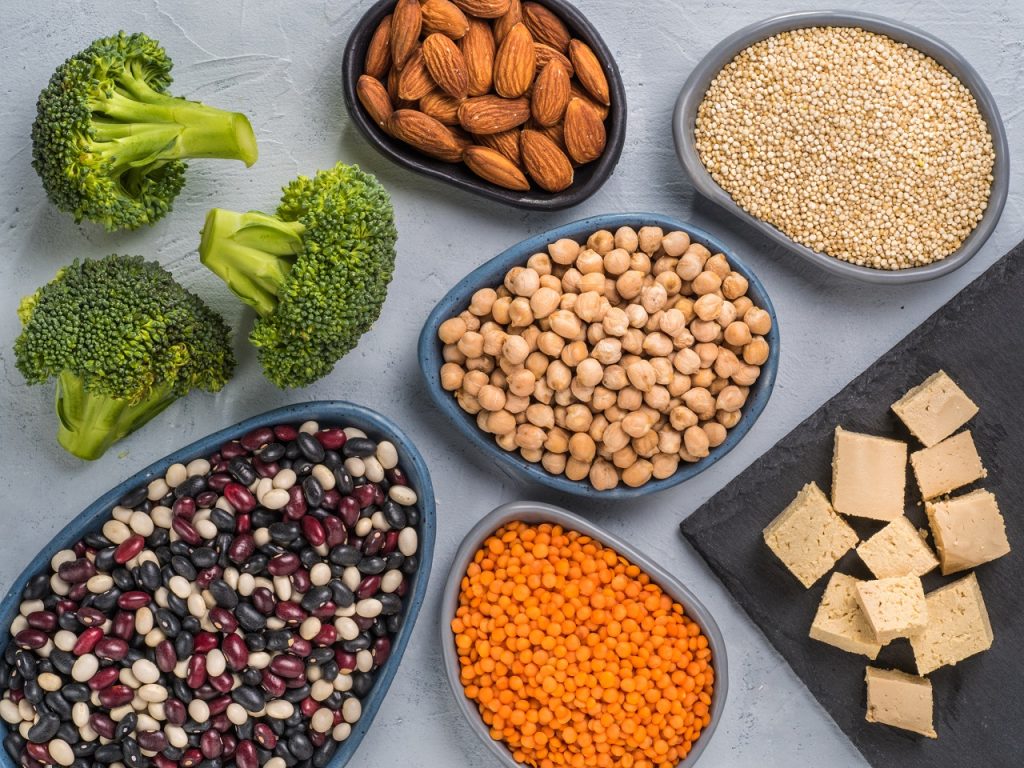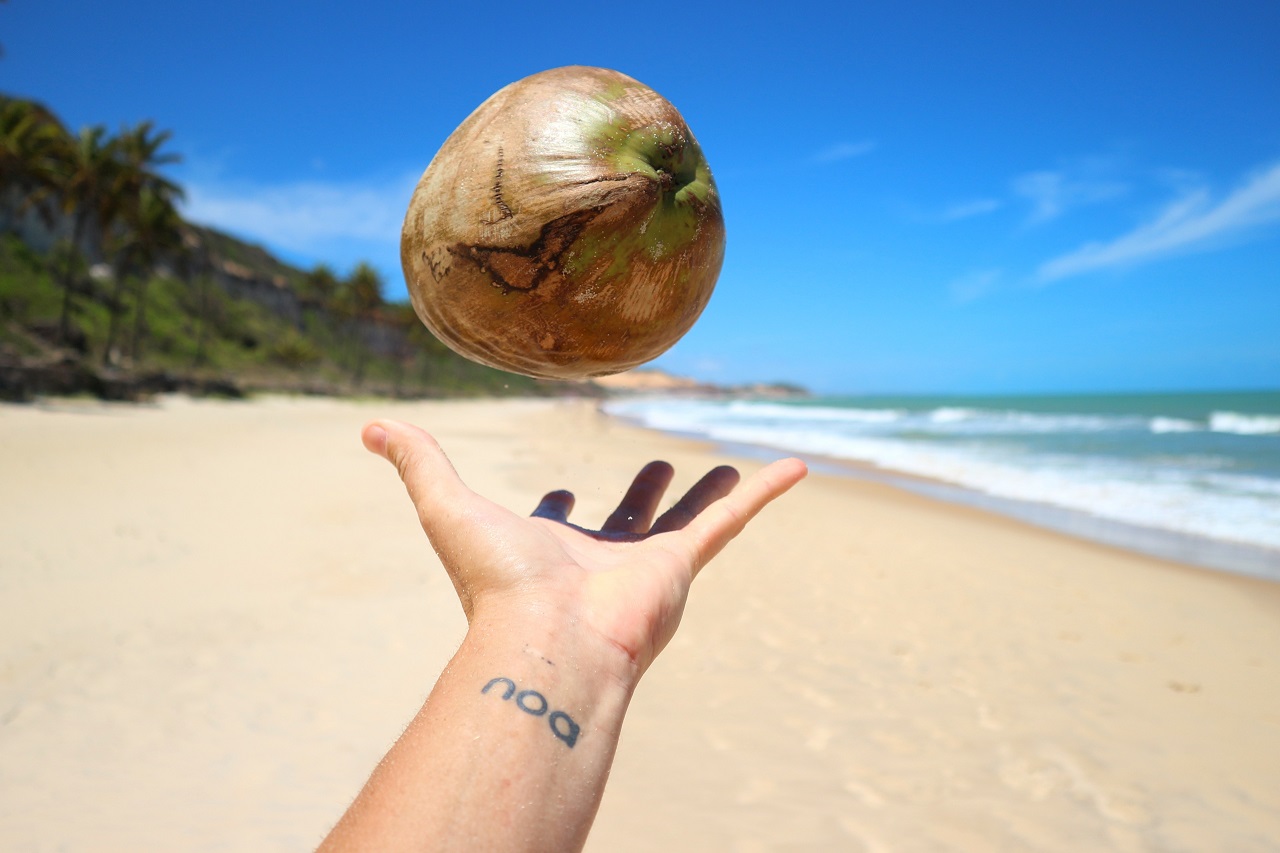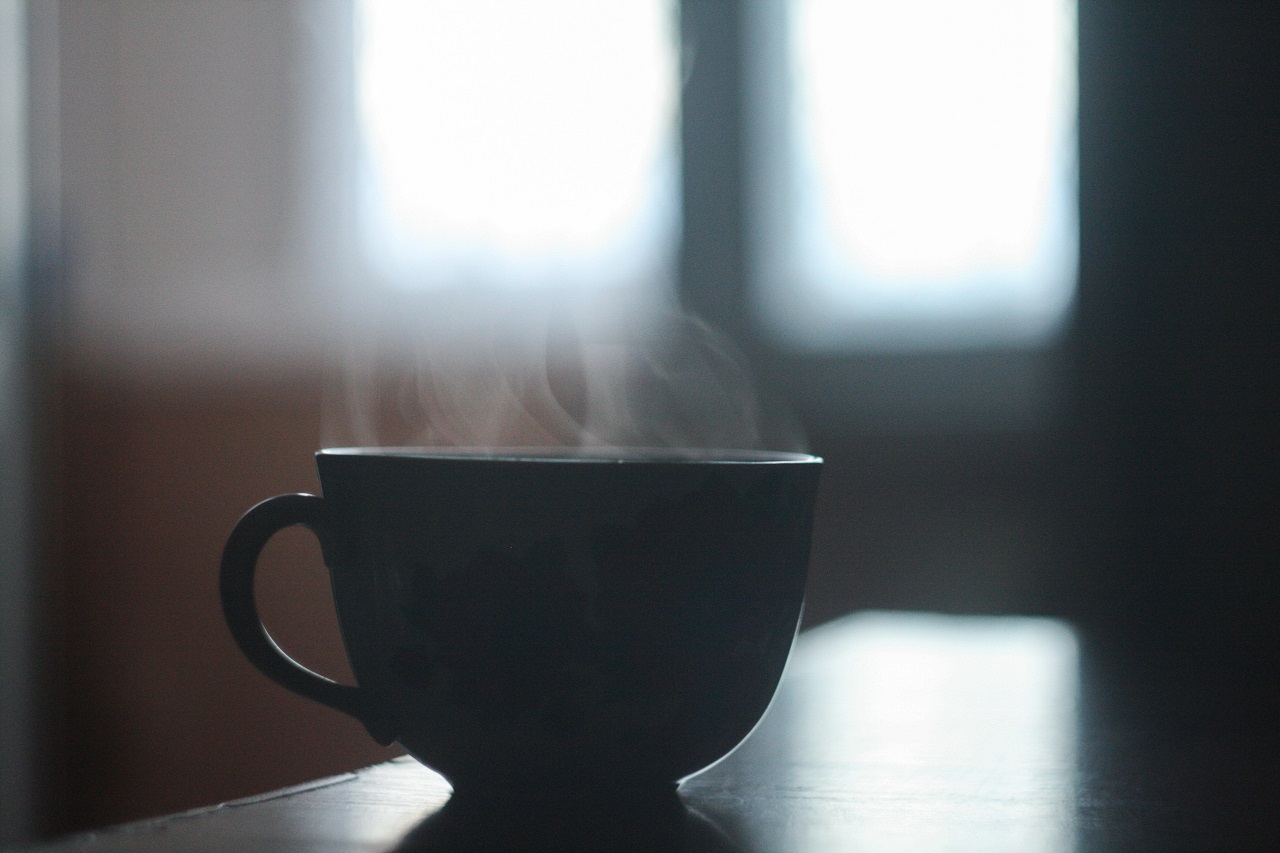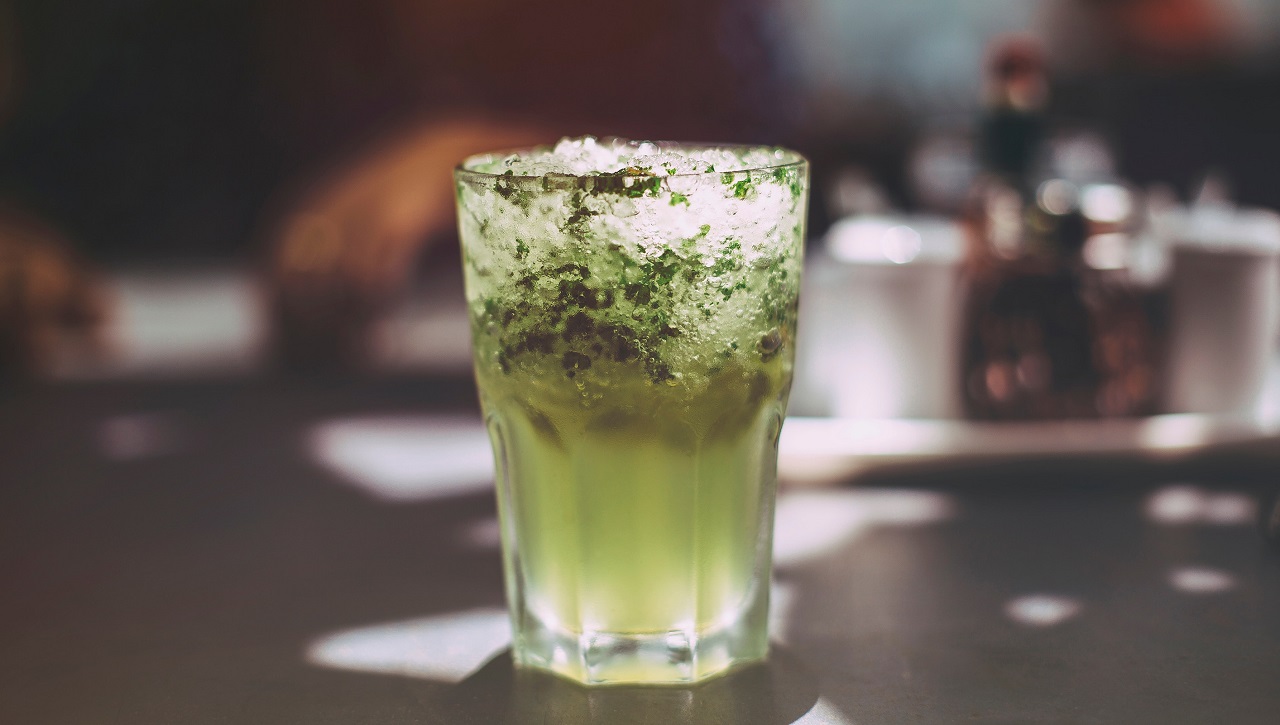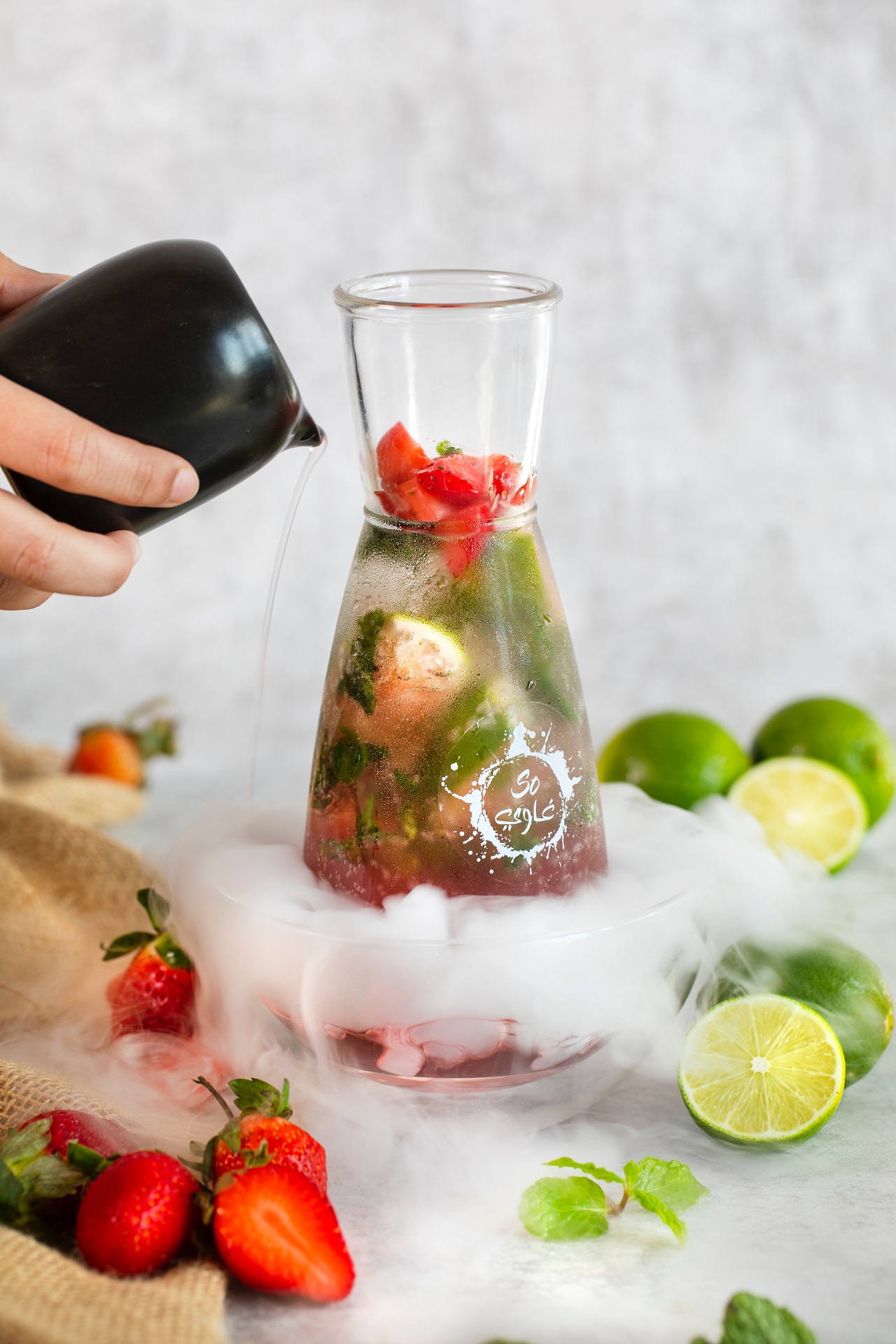 With sedentary jobs and increased sitting time, we are much more prone to weak and underutilized muscles, leading to faulty postures and eventually lower back pain. So, it’s all the more important to work on strengthening our core/lower back muscles. A strong back not only makes you look aesthetically great, it also helps you maintain/improve your posture and protects from any back pain/injury. And what’s best, when you can use your own bodyweight as a tool to gain strength, rather than rely on fancy equipment!
With sedentary jobs and increased sitting time, we are much more prone to weak and underutilized muscles, leading to faulty postures and eventually lower back pain. So, it’s all the more important to work on strengthening our core/lower back muscles. A strong back not only makes you look aesthetically great, it also helps you maintain/improve your posture and protects from any back pain/injury. And what’s best, when you can use your own bodyweight as a tool to gain strength, rather than rely on fancy equipment!
5 Effective Bodyweight Exercises For Lower Back
1. Plank

The plank is an excellent exercise to strengthen your core, it works on your abdominal muscles and the entire back from the pelvis, along the spine and up to the shoulder girdle. It also engages the entire lower limbs.
How to do a Plank?
- Begin in the plank position, with your face down and your forearms and toes on the floor. Your elbows should be directly under your shoulders and your forearms should be facing forward. Your head should be relaxed and you should be looking at the floor.
- Engage your abdominal muscles, drawing your navel toward your spine. Keep your torso straight and rigid and your body in a straight line from head to toes with no sagging or upward bend. This is the neutral spine position.
- Hold this position for 10-15 seconds, release onto the floor and as you progress, you can increase the hold time to 30 sec/1 min/ 2 min.
2. Side Plank

The side plank works on your core, along with the internal and external oblique muscles that collectively help to control the rotational movements of our spine. A regular plank keeps our core stabilized, while working on the transverse abdominis muscle, whereas the side plank has a stronger emphasis on the quadratus lumborum or the part of the back side of the abdominal wall that plays a major role in preventing back pain.
How to do a Side Plank?
- Start with your elbow positioned directly below your shoulder, with the forearm resting on the ground.
- Keep the feet stacked or staggered (depending on your core strength), lift up your bottom, through the lower obliques until the body is in a straight line. Keep the shoulders and hips stacked.
- Perform one to three sets for 10-30 seconds, or as long as you can maintain proper form.
- For Beginners: You can drop the knee to the floor for additional support or find an elevated surface to place the hand or forearm, reducing the challenge on the core.
3. Quadruped Limb Raises/ Bird Dog

The bird dog is a simple core exercise that improves stability, strength (of core, hips and back muscles), mobility and alignment of the entire spine. Hence is very effective in relieving low back pain.
How to do a Bird Dog?
- Begin on all fours in the tabletop position, with your hands placed under the shoulders and knees under the hips. Maintain a neutral spine and draw your shoulders blades together.
- Raise your right arm and left leg, keeping your shoulders and hips parallel to the floor. Lengthen the back of your neck and tuck your chin into your chest to gaze down at the floor.
- Hold this position for a few seconds, then lower back down to the starting position. Repeat with the left arm and right leg. You can do 8-10 repetitions each side and progress with more sets.
4. Back Extension Exercise/Superman Pose
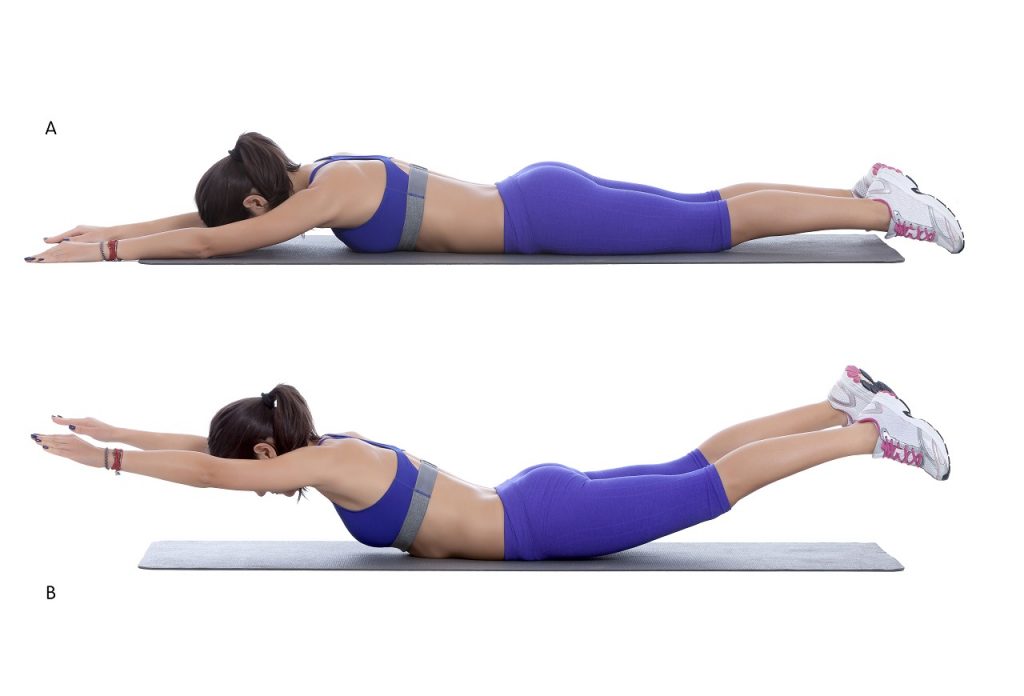
An exercise named after “the Man of Steel”, should definitely give your back muscles the power of steel, to keep you away from back pain and increase your mobility and strength for daily activities. The Superman pose is a great bodyweight exercise that engages your entire core- including the abdominals, obliques, back extensors, hamstrings, glutes and the arms too.
How to do a Superman?
- Begin by lying with your belly on the floor, head in neutral position and arms extended over your head, so that a straight line is created from the tips of your finger to the toes.
- Slowly lift your arms and legs off the ground at the same time, tightening your glutes(butt) as you lift up. Hold the position at the top, for 3-5 seconds.
- Gradually lower your arms and legs to the floor. Repeat the movement 5-10 times, depending on your fitness level.
- Increase difficulty level: If you think the above move is easy, you can increase the challenge by making this an isometric exercise. Hold the top position for 30-60 seconds, or as long as you can maintain proper form.
5. Bridge/Supine Gluteal Bridge

The bridge is a great exercise for improving hip mobility and strengthening your lower back muscles, using your own bodyweight. This exercise targets the back of your legs, or posterior chain, that includes your hamstrings and glutes.
How to do it?
- Lie on your back with your knees bent. Tighten your abdominal muscles.
- Raise your hips off the floor until your hips are aligned with your knees and shoulders. Hold for three deep breaths.
- Return to the starting position and repeat. You can do up to 3 sets of 10-15 repetitions.
- Increase difficulty level: by performing this exercise with a single leg, while maintaining level hips.
So, if you are looking to strengthen your back muscles using your own bodyweight and no equipment, you now know what exercises to do and how to progress ahead. You can do the exercises, 2-3 times a week and also can add to any workout routine that you have been following.
If this article on bodyweight exercises for lower back helped you, let us know in the comments below! Want to explore more articles on home workouts and exercises? Click here or join our fitness experts for live, interactive sessions on GOQii PRO. Book a class now from the GOQii App.
#BeTheForce
